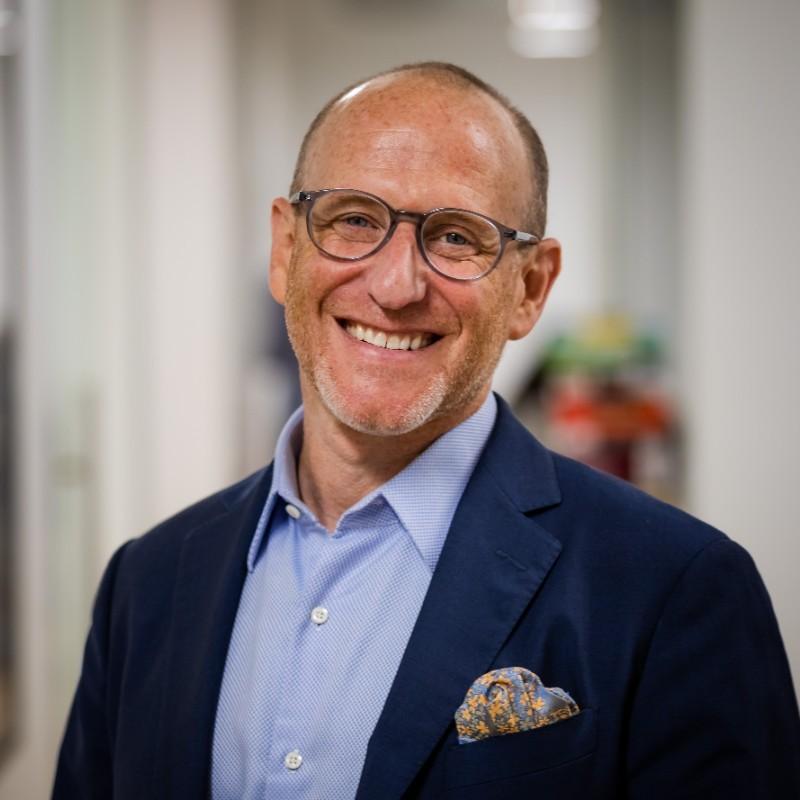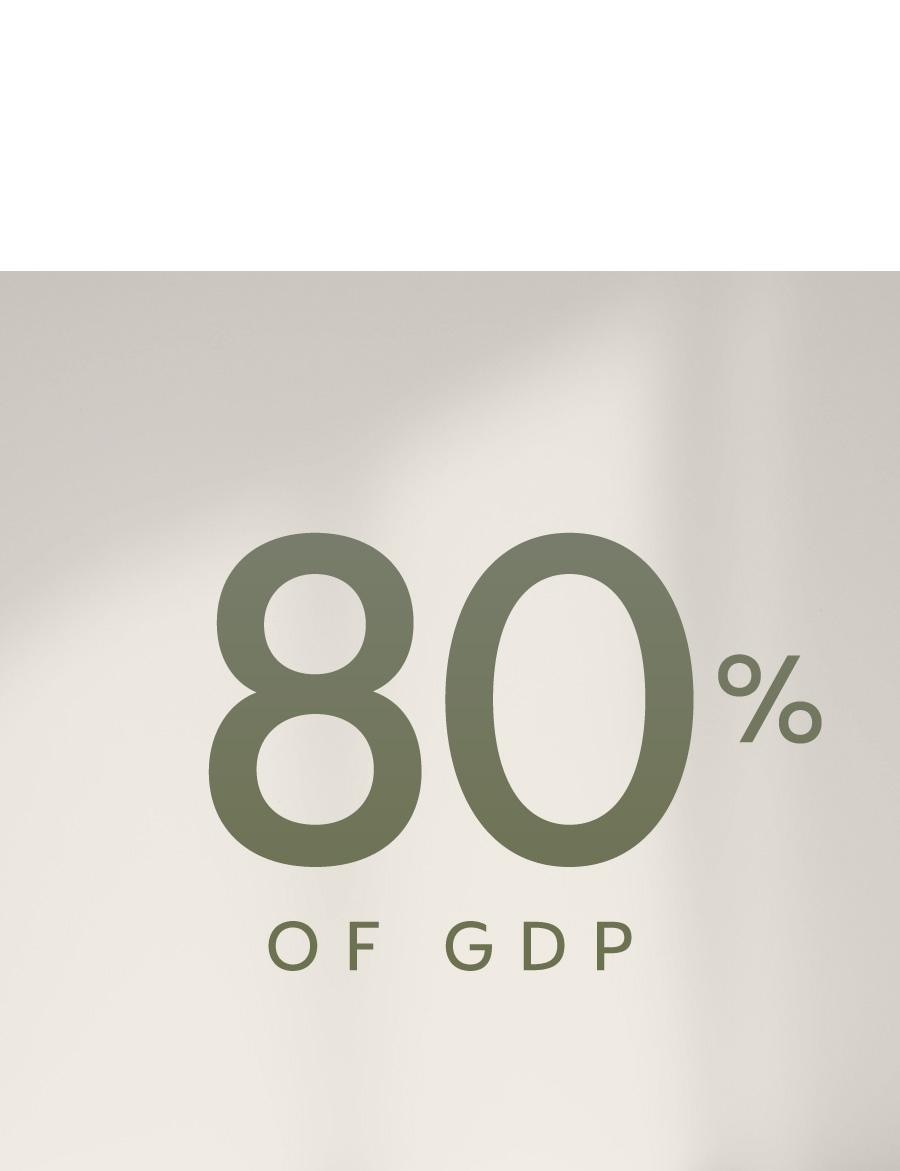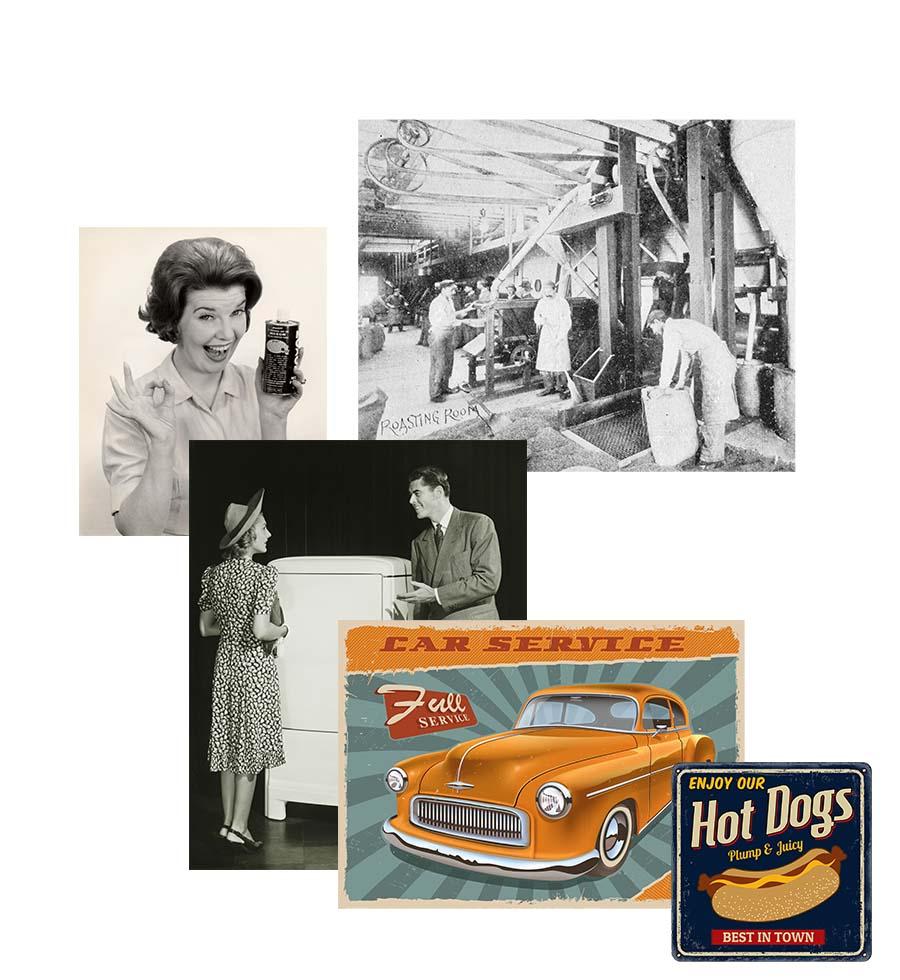
Authored by
ANDREW KASSOY
Co-founder and CEO
B Lab
YOU DESCRIBE B CORPS AS ORGANISATIONS USING THE POWER OF BUSINESS FOR POSITIVE SOCIAL AND ENVIRONMENTAL CHANGE. WHY BUSINESS AND WHY NOW?
In the US, business accounts for up to 80% of GDP. While nonprofits and the public sector are necessary for solving major social and environmental problems, the reality is that the private sector is so big that if we want to solve the biggest social and environmental problems, the private sector has to be part of the solution, not part of the problem.
Secondly, the structure of private sector activity makes it ideally positioned to attract both capital and talent at a scale that the nonprofit and public sectors can’t. So for certain kinds of problems, the private sector may actually be better at finding solutions. There are places where the private sector can have an incredibly positive impact, but that does require a transformation in how we think about the purpose of business.


WHAT IS THE ULTIMATE CHANGE YOU ARE ENVISIONING FOR THE PRIVATE SECTOR?
We envision an economic system that is inclusive, equitable, and regenerative for all, and that requires restorative leaders who understand the importance of creating positive impact for all of their business’ stakeholders – workers, communities, customers, and the environment – not just their shareholders.

WHAT WOULD YOU SAY ARE THE GREATEST OBSTACLES TO THAT HAPPENING?
I think there are two categories of obstacles: one is structural obstacles, and the other is cultural norms, and they are intertwined.
The structural obstacles have to do with 200 years of organising the institutions of business and the capital markets to focus on one thing – profit. That includes legal structures and rules for business: the laws of fiduciary duty in most places say that the job of the directors is to maximise value for shareholders, which creates an incentive for externalising as many costs as possible onto the public, onto society.
Then there is a lack of standards. Until recently, standards for business have been focused on reporting on financial return and risk, not transparently reporting on impact or on externalised costs. The standards for what we measure and the rules of fiduciary duty are powerful structural obstacles that have to be overcome if we want business to behave differently. The capital markets are huge and hugely powerful. They have been set up with a set of rules that must be changed if we want people and the planet to thrive.
The other big obstacle is the cultural norms; the messages we all hear about what the private sector exists to do, the premise that business is for making money and that’s it. That also translates into people’s consumption behaviour, which has become about buying more at the cheapest possible price. And there is our mindset as investors, that we should seek the highest return as quickly as possible without considering the consequences of the short term business decisions that drives. So we need to change our values, change how we think about the purpose of business.


WHAT IMPACTS ARE YOU SEEING AS A RESULT OF THE OUTCOMES OF YOUR WORK?
Ultimately, this is about changing the impact that business has on its workers, the communities where it works, and the environment. B Lab is facilitating that direct impact through its community of B Corps, and we are helping those companies act collectively to inspire others to follow and to change the rules and culture of business – what you might call a demonstration effect. It’s a little harder to measure the impact of the latter.
So, the direct effect is what is actually happening to these businesses and their stakeholders as a result of them being part of the B Corp community. They have stayed in business at a higher rate through the downturn than comparable businesses that weren’t B Corps. They are creating demonstrably higher quality jobs for their workers, and jobs that are more durable. They are growing in a way that other similar kinds of businesses aren’t. It’s hard to say that this is because they are B Corps, but it is easy to say that they behave in a different way.
The B Corp brand is helping to create a collective voice for a different kind of behaviour. So that then flows into the demonstration effect, which I think over time will have the biggest impact. The message is starting to resonate with the 70 million consumers who care about buying from companies that they believe in, and having the collective voice of this community starts to make that possible.
CAN YOU GIVE US SOME EXAMPLES OF B CORPS DEMONSTRATING RESTORATIVE LEADERSHIP IN ACTION?
In a community of over 4,800 inspiring businesses, there are 4,800 amazing stories of impact! There is a company in New York that I’ve spent a lot of time with called CHCA, Cooperative Home Care Associates. They are an almost USD 65 million company, owned by its 2,000 or so home care workers. These are often immigrant workers, and the company is creating jobs for them and helping them attain higher levels of education and skills. It’s a traditionally very low wage industry. By insisting on higher quality working conditions and benefits, and then creating, through collective voice, policy change to serve other low-wage workers, it has had a huge influence on the quality of life, not just for the 2,000 workers who own the company, but on others working in the industry as a whole.
Another example, Greyston Bakery, recognised that there was a community in Yonkers, NY full of young women with children who don’t have work, and a lot of men returning from incarceration who often end up back in prison because of the lack of a support system and good jobs. They wanted to build a business to serve these people, giving them the skills to rebuild their lives. They have a motto that inspires me: We don’t employ people to bake brownies. We bake brownies to employ people. Greyston Bakery has an open hiring policy, so you put yourself on the list for a job opening, and it doesn’t matter what your skills are or who you are, the next person on the list is offered the next job that comes up. This creates an opportunity for people to restart their lives and gives them the skills and confidence to then find new and better jobs. Greyston Bakery has been doing it for 20 years and it’s really amazing to see.

ABOVE ALL ELSE, WHAT SHOULD LEADERS DO AT THIS CRITICAL TIME IN OUR PLANET’S HISTORY?
I think the idea of restorative leadership captures today’s reality. Having people and leaders behave ethically in the recognition that their decisions and actions have consequences because we are all interdependent. What we need is leaders with an eye not towards themselves or their shareholders but to the betterment of the whole society.
WHAT WISDOM CAN YOU SHARE THAT CAN INSPIRE THOSE WORKING TOWARDS THE POSITIVE CHANGE YOU’RE ENVISIONING?
I would say that change takes a really, really long time, so we all have a responsibility to stick with it, recognising that much of the change we seek in the world will eventually come. We’re planting the seeds now that may come to fruition long after we’re gone, so all we can do is drive in the right direction and stick to our principles. That isn’t easy in a world that often operates to contrary norms. And so I guess the important thing I’ve learned is that we all need to double down on moral courage: leadership requires every one of us to build moral courage as a muscle, to practice every day, to ask ourselves how we are making a difference through our work in the challenges that face us.
Article published in: May 2022

